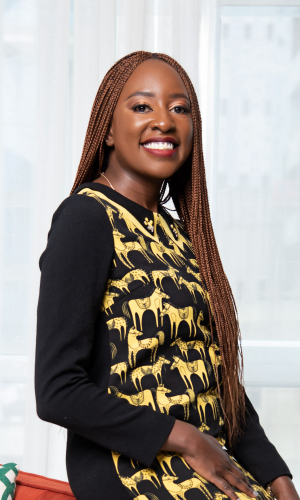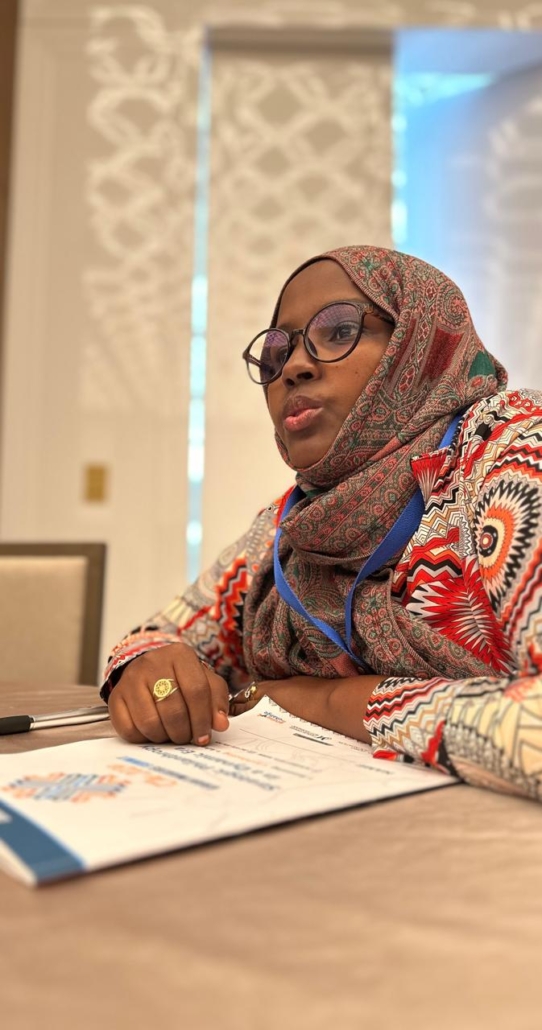Wasafiri’s License to Lead programme enters year two

Latest posts
Share:
Aisha Adan was the pioneering candidate for Licence to Lead. She sits down with Stella Odhiambo to talk about the DEI initiative that’s advancing leadership development for Wasafiri’s African and Africa-based staff.
Having recently completed the programme, I know that License to Lead (L2L) has benefited me tremendously. So, imagine my excitement when the second candidate was announced! L2L is designed to not only nurture much-needed leadership skills but also to ensure that our leadership reflects the diversity of the communities we serve. It’s a thrilling time as we continue this important work.
In my conversation with Stella, I wanted to understand her motivations and aspirations as she embarks on this journey. Here’s what she shared.
Well, congratulations, Stella! What motivated you to apply for Licence to Lead?
Thank you, Aisha! As Communications Manager at Wasafiri for the past two years I’ve am lucky enough to interact with colleagues and consultants across the business. These are some of the most inspiring, brilliant and passionate people I have ever worked with.
The more I learn from them and dive into my role which I really enjoy, the more I realise I want to step up my game. L2L feels like the perfect opportunity to do that—to learn, grow, and become a stronger and more capable leader.
What’s the one thing that excites you the most as you begin this programme?
With a background in media, publishing, and communications, I’m looking forward to stepping out of my comfort zone, picking up new leadership skills, and getting a taste of what it’s like to be at the helm of strategic decision-making at an organisation like Wasafiri.
L2L is a good next step in my journey. I will not only learn how to navigate challenges confidently but also prepare myself for my future aspirations.
What specific leadership skills are you hoping to develop through L2L?
I’m looking to level up my skills in a few key areas: team management, decision-making, and strategic thinking.

What three words best describe Stella?
Driven, compassionate, and underestimated.
Who has been your biggest inspiration and influence in life and what lessons have you learnt from them?
I draw immense inspiration from people who come from the most shocking beginnings to not only survive but thrive and surpass all expectations. Actress Viola Davis springs to mind. Look up her story.
Looking ahead what do you hope your legacy to be both personally and professionally?
Personally, I hope to be remembered as someone who brought people together and encoureged others not to sweat the small stuff – someone who infused positivity into every interaction.
Professionally, I want to inspire others to tackle complexity with creativity and passion.
Well, congratulations again, Stella. Enjoy it. I cannot wait to compare notes and see what this does for your growth!
Thank you – neither can I. Watch this space, same time next year.
Aisha was the inaugural candidate for Licence to Lead and is currently Wasafiri’s Peace & Inclusion Senior Manager. Read about her L2L journey here.






